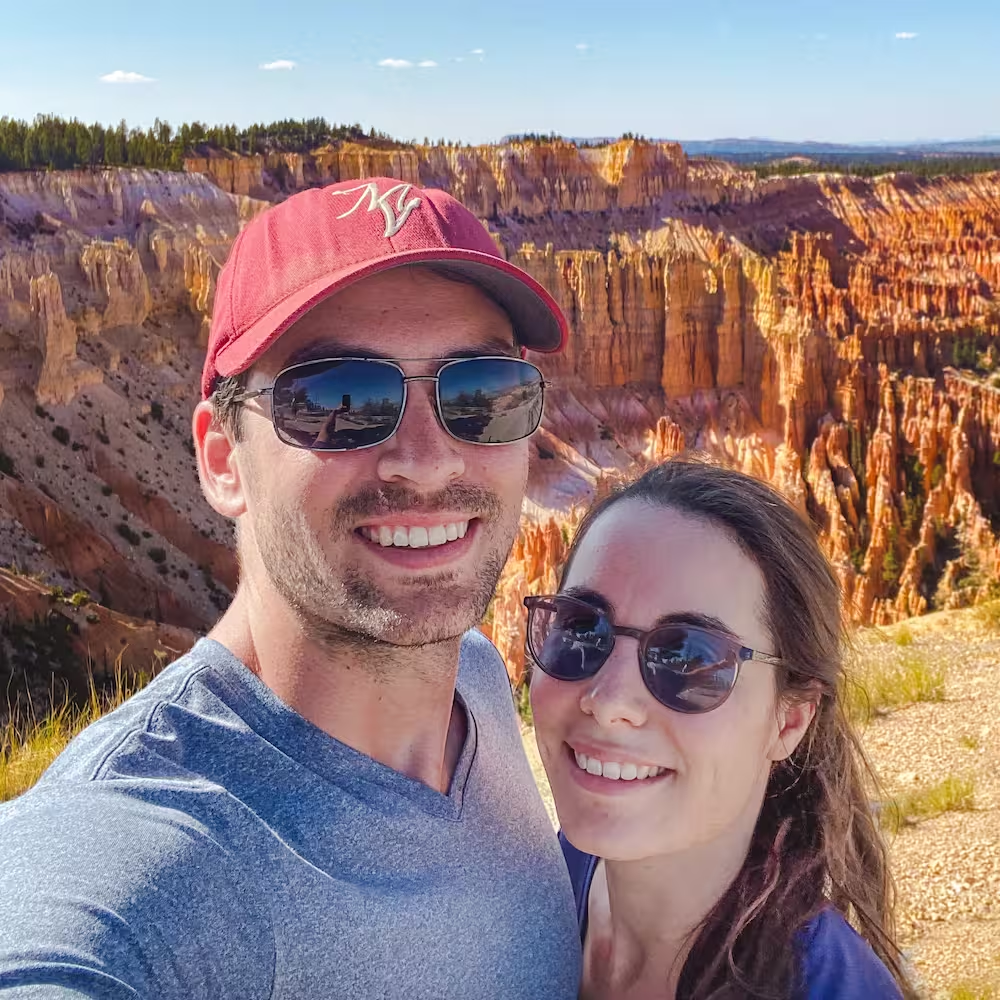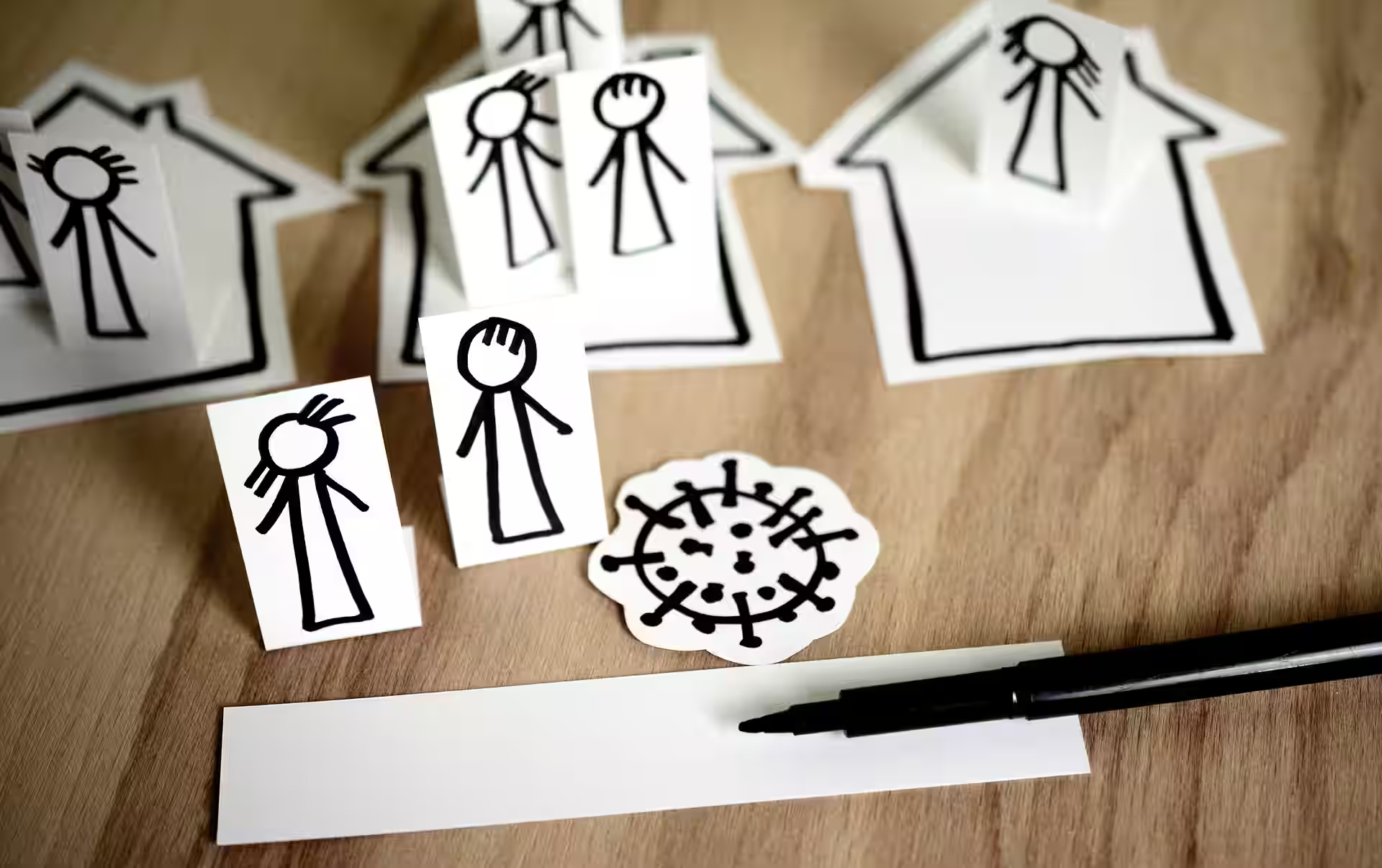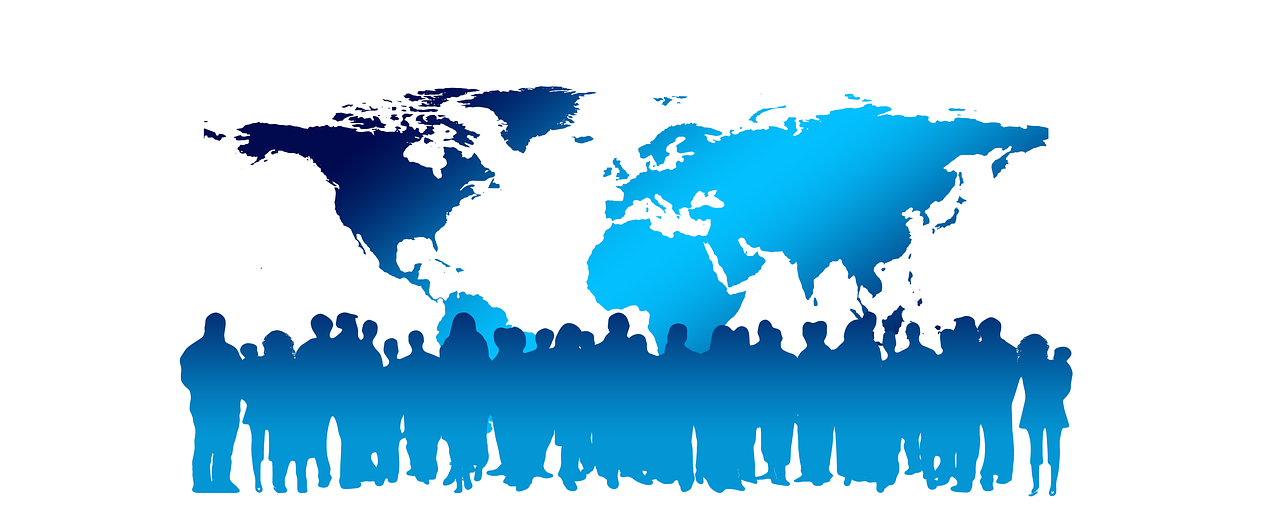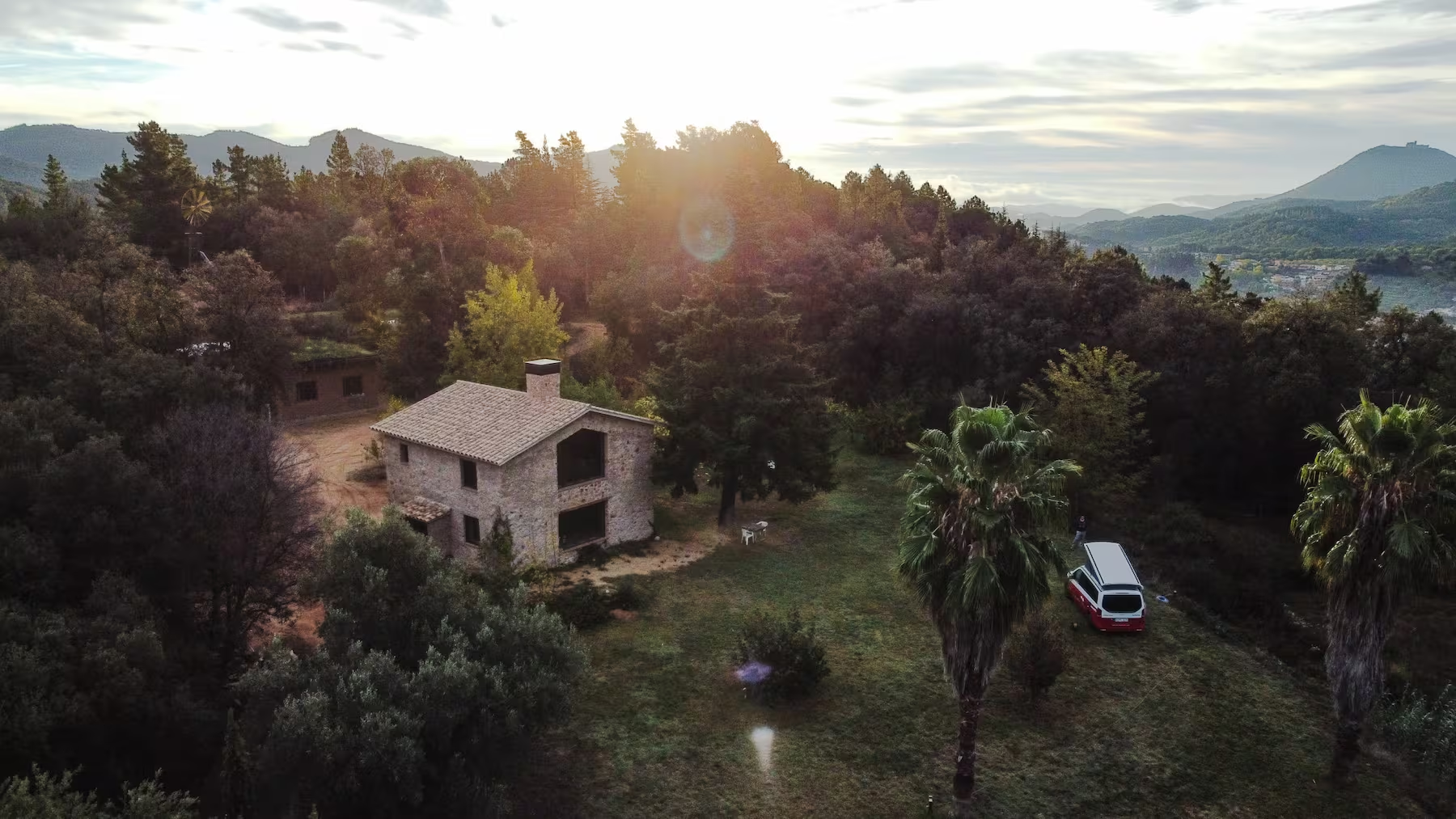When we first started this website, we made a vow to keep our brand politically neutral. We never voice our opinions on politics or make political statements of any kind. Having said that, some of you may already be criticizing us in your minds for even broaching this subject. However, this is not a political issue. It’s a human issue.
For some time now, we’ve been wanting to write an article about how travel and intercultural interactions alter one’s perspectives and we did briefly touch on this in our article entitled The Traveler’s Journey, but this is a topic that deserves much more attention because of the profound impact that experiences can have on an individual’s worldview and attitude toward others. Sadly, we just hadn’t gotten around to uploading this. Perhaps we were jaded by all of our own positive experiences in this world and up until now, we may have felt it was more appropriate to produce content that “more directly relates to travel.” However, in light of current events, we now realize that this article is long overdue.
We are an intercultural couple. One of us grew up in rural America and the other in rural Germany. We have each faced our own struggles throughout life, but neither of us has ever been discriminated against due to the color of our skin. Each of our home countries have a horrid history of institutionalized racial abuse and while we do learn about this history in school, it is generally accepted as “a thing of the past.” Likewise, because of where we were raised, we were rarely in a situation where we could witness any sort of racial discrimination (at least not that our adolescent minds could comprehend). Because of the information we were exposed to and the experiences we had, our minds created a world where racism, discrimination and prejudice were only topics for the history books.
Furthermore, the concept of inequality has always been presented as an unavoidable aspect of life. We’ve been hearing our entire lives that “Life’s not fair. That’s just the way it is; always has been, always will be. If you want something better, then you have to work for it.” However, this is an oversimplified view that transfers all responsibility away from oppressors and environmental factors and places it on the individual, who has no control over the obstacles that have been placed in front of him/her.
Our experiences have opened our eyes to the reality that inequality is built into our society. Even if it isn’t intentional, our world society is not designed to give everyone an equal opportunity. This should be apparent, when you consider how difficult it is for an individual to escape poverty, but even that is a concept that is hard to comprehend if you haven’t seen it with your own eyes.
I (Ryne) can specifically remember the “aha moment” that forever changed the way I think about the problems that plague our society. I traveled a lot within North America as a child, but I was never truly exposed to other cultures until I was privileged enough to study abroad for one year in Germany. I specifically recall a conversation with a neighbor who explained to me that their mother had one of the highest paying jobs in their home country, earning around $24,000/year before taxes. I also learned that anyone from that country who wants a better life would have to learn at least 1-2 foreign languages, get a higher education in a western country, move there to get a job AND be an overall better candidate than the locals in order to be hired. That was the first time I truly realized that a person can be immediately disadvantaged in our society simply by being born in the wrong place. My recent experiences in many poverty-ridden areas of the world showed me that even the citizens of my neighbor’s country still have it really good compared to many others.
The more we travel, the more apparent the reality of systemic inequality becomes. We have witnessed first-hand how already disadvantaged people are further exploited for the gain of an elite few. We have seen how an individual’s experiences and personal situation affect their behavior. There is a clear difference in the decision making process of disadvantaged individuals who are forced to accept blatant exploitation in order to survive and those more subtly exploited individuals who say they would never accept the working conditions of their impoverished counterparts.
What the subtly exploited often fail to realize, however, is that they are perceiving the situation from a completely different perspective. Their earnings today might not be the difference between a meal and starvation. They may have the luxury to “just get a job” because their societal class is in a bolstered position to advance, whereas others have to overcome numerous obstacles just to level the playing field; again, obstacles they have no control over such as nationality, race, class, education or access to resources.
What we’re really getting at here is that perspective is everything. Travel has a way of altering your perspective that you just can’t get from staying close to home. Although not everyone perceives things in the same way, we have found that people who really travel have their eyes opened to realities that they could never conceive before seeing them with their own eyes. They develop a worldview where they actually care about their neighbors and don’t just say so because it’s politically correct. When you really travel, your world gets smaller and your worldview expands.
When we say travel, we’re not talking about going to some fancy resort and spending the entire vacation sipping drinks on the beach. We’re talking about travel that forces interaction with locals; giving the opportunity to talk to them, see how they live and learn from them. In that sense, it’s not actually the act of traveling that opens a person’s mind to these new perspectives—mostly, it’s the intentional interaction with people of different backgrounds. It’s the act of listening without the intention to rebut or debate, but rather with the intention to understand.
Try this the next time you take a trip: Go somewhere where you are the minority and experience that in itself. Talk to the locals and listen for the sake of listening. Hear their stories and make a concerted effort to understand their points of view. Consider their perspectives and ask yourself what your own perspective would be if you had had the same experiences. That doesn’t mean you can’t go to the beach or go sightseeing. Just naturally mix these interactions into your trip. You will find that AirBnB hosts, bartenders, business owners and other travelers are often quite eager to talk to you and learn from you. These types of conversations have been some of our most enriching experiences while traveling.
If you change the way you approach all of your interactions and focus on understanding, then you too will have an “aha moment” at some point. You will come to your own life-changing realizations. You will start asking more questions and looking deeper into issues. You will recognize how chain reactions set in place decades or centuries ago are still affecting you and your neighbors today. You will realize, for example, that inequality and racism aren’t always mutually exclusive; they often go hand in hand. The only way to properly address the issues of inequality and racism is to first acknowledge their existence and understand their root causes.
It’s easy to fall victim to hate when you don’t understand something or someone. It’s easy to downplay other people’s struggles if you’ve never actually witnessed what they are going through or if you yourself are struggling. It’s easy to look the other way and pretend that injustices do not occur if you’re too busy focusing on your own problems. It’s so easy to develop a “me first” attitude in this world because it often does feel like it’s every man for himself. Every single one of us is just doing our best to make it.
Every person on this planet has a story and if we want to move forward, then we must first strive to understand these stories. Only then can we truly come together and have productive conversations about the future. From there, we can begin building a society where we don’t have to fight for equal rights because it was designed to guarantee them. A society that strives for understanding won’t tolerate injustice of any kind.
Travel. Talk to people and really try to understand them. It will change your life and you might just change someone else’s life too.
This article mostly referred to our own experiences, but here’s a study that proves how travel cures prejudice.
